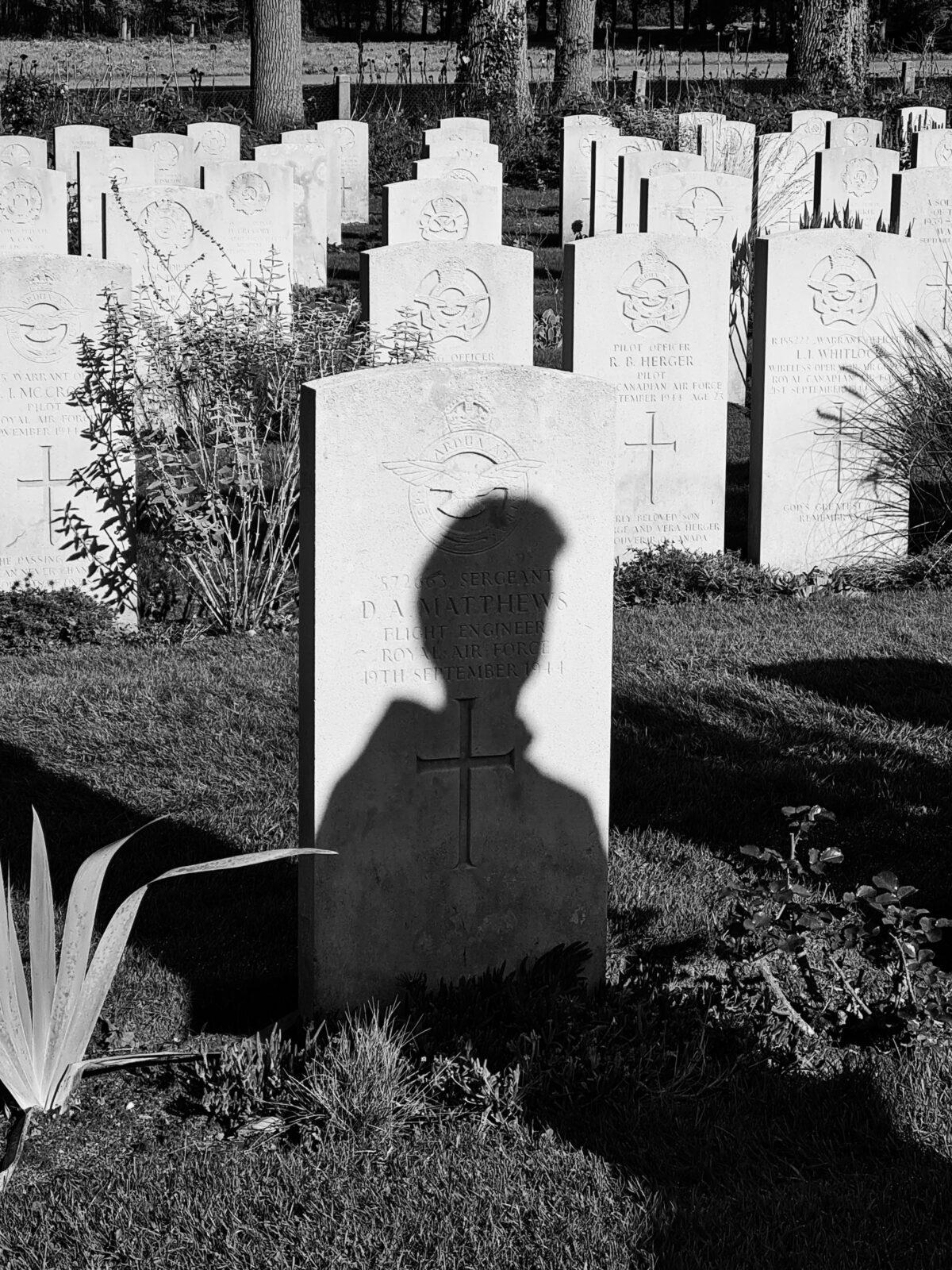Day of Remembrance and Reconciliation

In resolution 59/26, the United Nations General Assembly declared May 8-9th as international days of “remembrance and reconciliation” for the millions of victims of the Second World War. The day reflects on the millions who suffered the horrors of war, including the widespread loss of life and destruction of communities inflicted by the Nazis. As we observe this year’s day of remembrance, we must also take a critical look at the present conflicts and challenges facing our world.
In resolution 59/26, the General Assembly noted that the Second World War created the conditions necessary for the foundation of the United Nations itself. Two successive world wars wreaked unprecedented devastation and caused mass loss of life, creating a new Europe and a wider world that was weary of conflict. The conditions immediately after the end of the war were such that the nations of the world were united to “save succeeding generations from the scourge of war,” as 59/26 reads.
This effort to avoid the scourge of war was unsuccessful. The war in Ukraine is a stark reminder of this failure and of the importance of working toward peace and reconciliation. After the war, the world set up the United Nations and vowed “Never again.” Never again, said a war-weary world, would such atrocities and human suffering be permitted.
Yet, as Ukrainian President Volodymyr Zelensky said on last year’s day of remembrance: “On February 24, the word ‘never’ was erased. Shot and bombed. By hundreds of missiles at 4 am, which woke up the entire Ukraine. We heard terrible explosions. We heard: again!” The Russian invasion of Ukraine is a reminder of the destructive power of war. It calls for the international community to take action, come together, and support Ukraine.
In uttering the words “Never again,” the nations of the world committed to taking action to prevent the atrocities of World War II from occurring again. The nations of the world have not done enough. Deliberate genocide is occurring in Ukraine, with the towns of Bucha, Hostomel,and Irpin, along with others, serving as prime examples. The conflict in Ukraine has far-reaching implications for the international community, even more so for the European community. It poses a threat to the stability and security of the region and has the potential to spread beyond Ukraine’s borders. It has already led to the widespread deterioration of relations between Western nations and Russia. Sanctions have been enacted, while financial and humanitarian assistance has been provided to Ukraine. Europe has stood behind Ukraine in support of its sovereignty and territorial integrity.
A united Europe and the wider world must continue to hold Russia accountable for its actions in Ukraine. Russia continues to wage war in violation of international law, including the shelling of civilians, sexual violence, looting, and genocide. The war in Ukraine serves as a grim reminder that the lessons of the previous century are not limited to the past. Now, more than ever, the UNDay of Remembrance for World War II reminds us of the importance of promoting peace and reconciliation. As we reflect upon the sacrifices of the victims of World War II, we must work toward international security. By uniting in support of Ukraine, we can protect the legacy of remembrance, reconciliation, and peace that World War II left behind.
Author: Sergey Shkolnikov, US Youth Ambassador
Photo by Yukon Haughton on Unsplash

